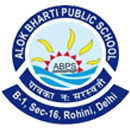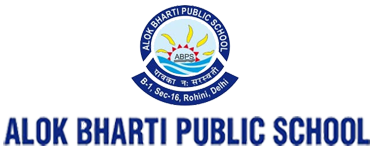Primary education is commonly the principal phase of formal education, coming after Pre-school and before Secondary school. Primary education is the preeminent and fundamental right of every kid. The role of primary education is to guarantee the development of kids. This implies that all youngsters can foster their social, intellectual, social, enthusiastic and actual abilities as per the best of their capacities. To guarantee the availability to all kids isn't just the obligation of government yet in addition of parents. The fundamental goals of the primary education are to bring mindfulness among the kids, open roads of chances alongside self-development and diminishes between generational neediness. It is the initial phase in the creation of government assistance and society.
Primary Education lays the foundation for preparing children for the future. This is why most countries have made primary schooling compulsory and a basic right for everyone. The character development of the kids starts at this early stage and enables a learning approach in them. Moreover, there are several aspects you must know about primary education that help children in their overall growth.
However, in India, many parents look for the nearest school rather than a good one. Distance from home should not be the primary factor while choosing the school. Some parents don’t go through the background, vision, activities and curriculum of the school. Of course, they want the best for their kids, but priority should always be quality over other factors.
It is in primary school that children learn foundational skills that prepare them for life, work and active citizenship. Quality education empowers children and young people, safeguards their health and well-being, and breaks cycles of poverty.
Co – curricular activities
Activities involve students in group work, which develops in them social skills and values. These skills and values are developed in the students as they involve in the group work where they collaboratively and enthusiastically plan, set goals and implement ideas.
Co – curricular activities
Co – curricular activities facilitate in the development of various domains of mind and personality such as intellectual, emotional, social, moral and aesthetic development.Creativity,enthusiasm, energy, positive thinking are some of the facets of personality development and the outcomes of extracurricular activities. These are defined as the activities that enable students to supplement and complement the Co-curricular or main syllabi activities. These are very important part and parcel of educational institutions to develop the students’ personality as well as to strengthen the classroom learning. Co-curricular syllabus enhances curriculum-related learning and character-building experiences.
Trips and excursions
Travel expands your horizons and school life cannot be complete without the fun of educational tours and excursions. These trips are tailor made to facilitate the students to know and understand the real, multicultural world. A host of activities are undertaken as a part of trips which act as a catalyst to think out of the box and broaden the outlook. The school discreetly organizes educational trips to strategically and historically important places and facilitates for students to reach out for information beyond the text books.
These trips are meticulously planned to add fun and enthusiasm during vacation period. These trips also extend a much needed break from the hectic daily schedule and an opportunity for the facilitators and learners to bond with each other.


 abps.rohini@gmail.com
abps.rohini@gmail.com 9876543212
9876543212